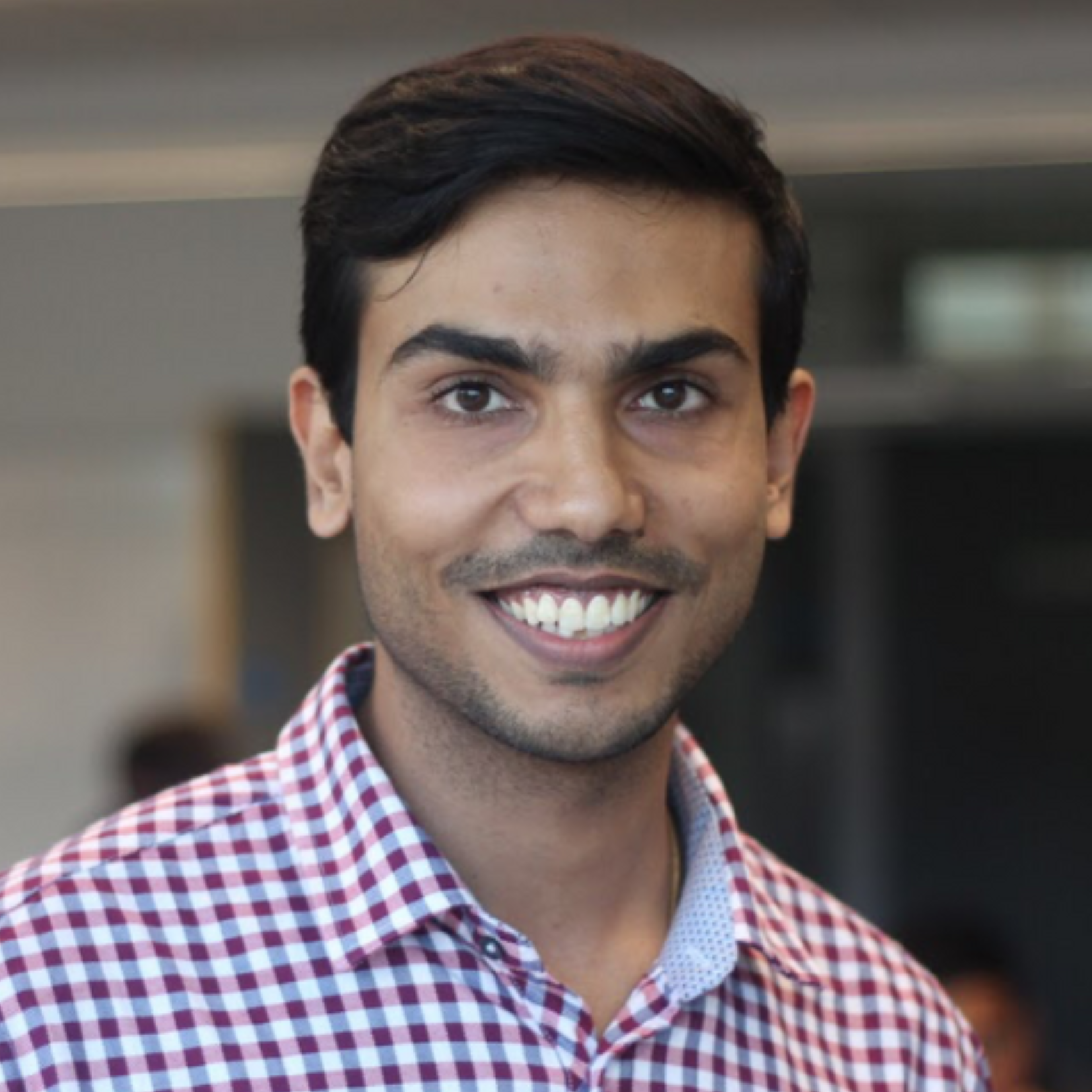Meet Gaurav Nigam
Dr Gaurav Nigam is a gastroenterology trainee in the Thames Valley (Oxford) deanery. He is currently pursuing an NIHR-funded doctoral research fellowship that focuses on the use of machine learning-based risk prediction tools in gastrointestinal bleeding. He has been the clinical lead for carrying out the 2022 UK acute upper gastrointestinal bleeding audit, which was supported by the British Society of Gastroenterology and NHS Blood and Transplant.
What attracted you to a career in gastroenterology/hepatology?
I became interested in gastroenterology early in medical school when I had the chance to shadow a gastroenterologist. What struck me was the variety in their work—outpatient care, ward-based management, and procedural interventions—all within one specialty. I’ve always been fascinated by immunology, and I remember reading about inflammatory bowel disease and finding it incredibly interesting. The mix of diverse opportunities and the potential to make a meaningful difference in patients’ lives made gastroenterology stand out for me.
What advancement in gastroenterology/hepatology are you most excited about and why?
I’m particularly excited about the integration of artificial intelligence (AI) and machine learning (ML) tools to assist clinicians, as well as the increasing use of simulation-based training to improve access to high-quality, standardised training. These advancements have the potential to provide more personalised and consistent care to patients.
However, it’s crucial that clinicians are educated on how to use AI effectively rather than relying on it blindly. Practising clinicians need to be involved in the development of these tools to ensure they incorporate the nuances of medicine that machines may not easily capture. AI and ML have a strong assistive role to play, but to leverage their full potential, clinicians of the future must understand both their capabilities and limitations.
What do you enjoy most about your work?
I really enjoy the hands-on aspects of endoscopy, especially its dual role as both a diagnostic and therapeutic tool. It is incredibly rewarding to use endoscopy to uncover the root cause of a patient’s symptoms and, in some cases, provide immediate treatment. Managing patients with inflammatory bowel disease (IBD) is another aspect I find deeply fulfilling—working with patients to improve their symptoms and quality of life is a privilege.
I also enjoy the opportunity to identify patterns in clinical practice and use research tools to find solutions. It’s a great way to combine different skills, address real-world challenges, and continue developing both personally and professionally.
What is the one thing you would change?
I think some trainees feel disillusioned by the limited opportunities and increasing service pressures in the current climate. I’ve been fortunate to have had fantastic mentors and great support from the BSG, which has helped me navigate these challenges. The BSG is already doing a lot to improve training, but there’s clearly more to do. Whilst excellent training opportunities exist, they’re not always easily accessible to everyone.
Additionally, research has become more challenging for trainees as it often requires extending training time, which can delay career progression and the associated rewards. To keep pace with the demands of modern medicine, we need to make academic careers more accessible and appealing. Providing opportunities for trainees to get involved in research early—without necessarily lengthening their training—would make a big difference.
I also believe a portfolio career, combining clinical practice with an additional focus like research, education, or leadership, is key to retaining motivated individuals in the specialty. Finally, I’m grateful for platforms like this to share my thoughts, but I think it’s equally important to highlight and showcase the amazing work that other gastroenterology trainees are doing, despite the pressures they face. Giving them more visibility would inspire others and strengthen our community.
What’s the best advice you’ve been given in your career?
Early in my career, a senior NHS clinician advised me to "be like a sponge"—to absorb everything and learn from daily interactions with colleagues, patients, and all the situations I encounter. This advice has stayed with me and shaped my approach to continuous learning.
Another mentor gave me a different perspective: to have a “worm’s eye view” during patient interactions—focusing fully on the individual problem at hand—and then take a “bird’s eye view” at the end of a clinic or endoscopy session. This reflection helps identify patterns, gaps in knowledge or skills, and broader questions that may need exploring.
This combination of being present with each patient and reflecting afterward has not only improved my clinical practice but also inspired research ideas. The best research questions, I’ve found, often emerge from listening carefully to patients and truly understanding their challenges.
What does being a BSG member mean to you?
Being a BSG member has been one of the best professional decisions I’ve made. The support I’ve received through the society has been transformative, especially during the early stages of my career when I was a mentee in the BSG mentorship programme.
I’ve also had the privilege of participating in BSG-led initiatives, which have provided opportunities to learn from and collaborate with some of the most experienced and inspiring figures in gastroenterology in the UK. The BSG fosters a dynamic and incredibly supportive community in gastroenterology. It brings together individuals at all career stages, creating an environment where trainees feel heard and supported, and senior members are genuinely committed to advancing the quality of training and clinical practice.
I particularly value the wealth of training opportunities offered by the BSG and always look forward to the annual conference. It’s a fantastic event that combines cutting-edge academic content with a welcoming and friendly atmosphere, making it an ideal setting to reconnect with colleagues, forge new professional relationships, and explore opportunities for growth and collaboration.
If you are a BSG member, we would love to hear your story! To participate in our 'Meet the Members' series please email the BSG Comms Team [email protected]
